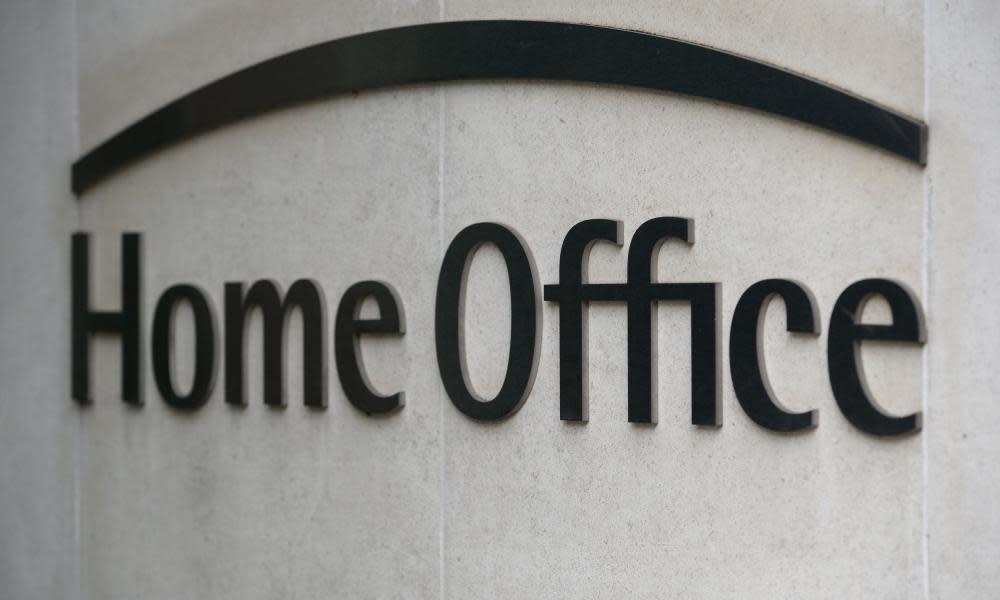'Not British enough': ex-high commissioner's baby denied UK passport in 2011

A former British high commissioner whose baby son was initially denied a British passport after being born abroad, said it demonstrated a Home Office which defaults to refusal wherever possible.
Arthur Snell, who served as high commissioner to Trinidad and Tobago for four years, was left feeling “powerless and nervous in spite of my privileged position” after his newborn was refused citizenship in 2011.
Snell, who has since left the Foreign Office, tweeted:
After a few weeks I received notification that he had been refused. You cannot be more British than the British High Commissioner but he wasn’t British enough.
3/— Arthur Snell (@SnellArthur) April 24, 2018
He said he was forced to reapply, and for two months his son was in effect stateless as he was ineligible for Trinidadian citizenship.
Snell, now a foreign policy consultant, told the Guardian: “I want to stress, the inconvenience that I went through was nothing compared to what the Guardian has uncovered in terms of what happened to the Windrush generation, and I wouldn’t want anyone to think I am trying to equate my own experience to that.”
But, he said, it illustrated that the Home Office defaults to refusal wherever possible. “The process by which you demonstrate you may or may not have a right to be British is not at all straightforward, and – I suspect – part of that is designed to make it difficult for people.
“The Home Office appears to have a policy that says you, the applicant, must prove in the face of a very, very sceptical and negative institution, that you have this right. And, you can expect the Home Office to effectively answer in the negative wherever they can.”
As a diplomat, Snell said he was relatively well resourced with connections and able to re-apply and provide the documentation required, though the process took a couple of months and was expensive.
“But there are lots of people faced with these kinds of obstacles who don’t have nearly the resources or the networks that allow them to keep fighting, pressing their claim,” he said. “That seems to me how these injustices come about.
“Any individual could have looked at my case in about 30 seconds and have concluded what needed to be done. But, instead, it is almost as if the computer says no. And you are sent to the back of the queue. A system that does that falls hardest on the people with fewer resources, fewer networks, fewer connections.”
Many people would be forced to give up, Snell said. While he had not suffered in any significant way, “there are lots of people who have suffered, lots of families who have been broken up”. He said: “There is an issue about injustices that have been perpetrated.” It needed a blanket approach, he said, “and as much as Theresa May will hate that, because she seems a bit obsessed with immigration, I think they have to accept that a large number of people have been wronged and they just have to swallow the pill and make a blanket change”.
For those like his son who were born overseas, it was no longer possible to get citizenship and a passport granted at an embassy or consulate, he said. Instead the application must be made directly to the Home Office, which was complicated and costly.
He called for a simplification of UK nationality rules for those eligible who were born overseas, and for those resident in the UK to get their citizenship.

 Yahoo News
Yahoo News 
